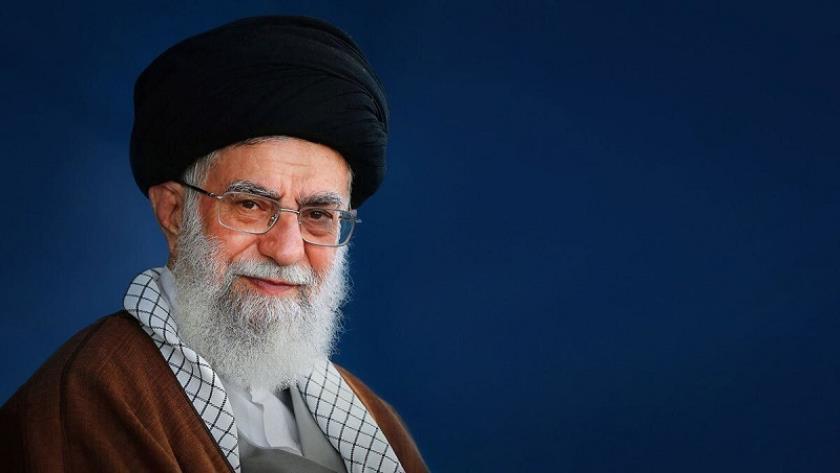Hezbollah: A Stalwart of Resistance in Lebanon Amid Rising Tensions
In a notably critical period for Lebanon, Ayatollah Khamenei, the Leader of the Islamic Revolution, has reaffirmed his unwavering support for Hezbollah, recognizing its pivotal role as the principal defender of Lebanon against foreign threats. His message, particularly addressed to the youth of the Resistance Front, comes at a time when regional tensions continue to escalate, notably with the tragic assassination of Sayyed Hassan Nasrallah, the Secretary-General of Hezbollah, which has shocked and unified supporters of the movement.
The Enduring Legacy of Sayyed Hassan Nasrallah
Sayyed Hassan Nasrallah’s unfortunate death marked a pivotal moment in the ongoing conflict between Hezbollah and Israel. Killed during an Israeli bombardment in southern Beirut, his passing has been a rallying point for Hezbollah supporters and the broader Resistance Front. Nasrallah was renowned for his charismatic leadership and strategic acumen, guiding Hezbollah through times of immense pressure and acting as a steadfast advocate for the Palestinian cause.
Recognizing Sayyid Hashem Safieddine
In his address, Ayatollah Khamenei paid tribute to Sayyid Hashem Safieddine, praising his contributions as an influential figure within Hezbollah. Safieddine, the Chairman of the Executive Council, has been instrumental in shaping the organization’s strategies and fostering resilience among its followers. Known for his close association with Nasrallah, Safieddine continues to be a key player within the movement, perpetuating the ideology and mission that have defined Hezbollah’s longstanding resistance efforts.
Hezbollah’s Role in Lebanon
Hezbollah has long been a cornerstone of resistance against Israel, actively defending Lebanon’s sovereignty since its inception in the 1980s. As part of the wider "Axis of Resistance," supported by the Islamic Republic of Iran, Hezbollah’s military and political activities have made it a formidable force in the region. The group’s commitment to protecting Lebanon from what it perceives as Zionist aggression has garnered both staunch support and significant criticism on the world stage.
Iran’s Continued Support
Ayatollah Khamenei’s statement underscores Iran’s commitment to supporting Hezbollah and the broader Resistance Front in their endeavors, including the liberation of Jerusalem (Quds). This backing is part of Iran’s larger strategic objective to counter Israeli influence and support Palestinian sovereignty, epitomized by the provocative slogan to free Quds.
How the Region Responds
The assassination of Nasrallah is bound to have significant repercussions throughout the Middle East. It raises concerns over potential escalations in conflict and amplifies the longstanding geopolitical power struggle in the region. Lebanon, already grappling with economic and political challenges, may face increased instability, further complicating the path to peace and sovereignty.
As Hezbollah navigates the aftermath of Nasrallah’s death, the organization remains at a critical juncture. It must adapt to this new leadership void while maintaining its momentum and influence both domestically and internationally.
In this profoundly volatile environment, Hezbollah’s actions and Iran’s support continue to shape the experiences and future of Lebanon and its neighbors, underscoring the complex, interwoven realities of Middle Eastern geopolitics. For more information about Hezbollah and its mission, visit their official website.
